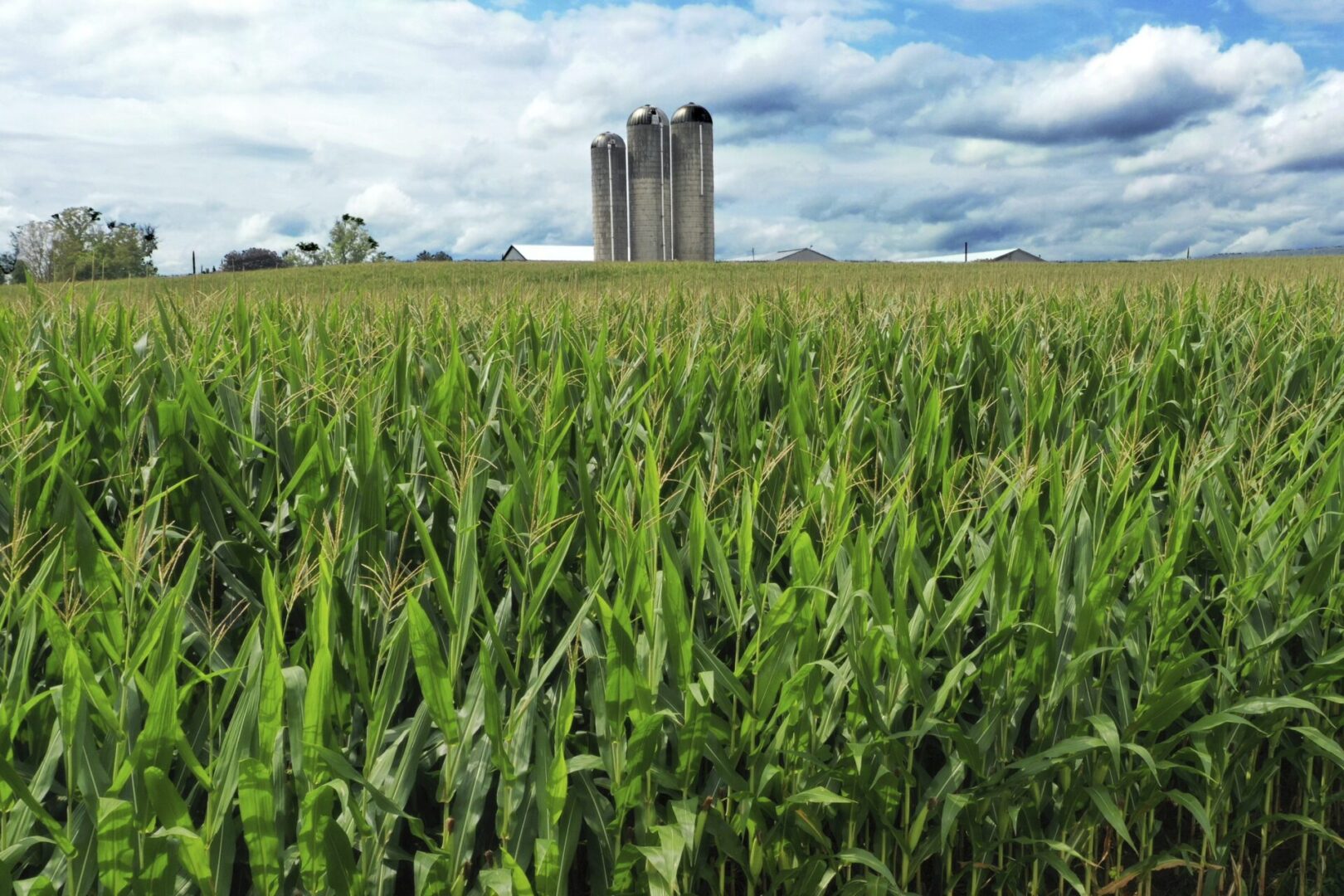I am a graduate student in the Department of Plant Pathology and Environmental Microbiology at Penn State. I am, for all intents and purposes, a boots-and-work-gloves kind of guy and can be found most summers either tromping through a research field or stuck in front of a computer analyzing data. You can imagine I much prefer the summer sun and the lulling of corn plants in the breeze. But, like many in the Penn State community, I’m not from Pennsylvania. I’m not even from the East Coast. I am from the foothills of Los Angeles, shaped by a city of soaring housing prices, lattes and terrible 5 p.m. traffic. It might be funny to think that the slowest traffic in my life now is a tractor trying to make it up the highway.
So, what does a city-slicker turned muck-boot have to say on the issues of Pennsylvania agriculture and food security? Quite a bit.
I joined Penn State in 2021 and found myself immediately in love with Pennsylvania agriculture. From my first field season back in 2022, I knew I wanted to remain in PA and dedicate myself to supporting and strengthening Mid-Atlantic farming. The farmers and agricultural industry in PA are unique. Most farms are small and family-owned, farmers care about the land with deep passion and the food they produce is a labor of love and unparalleled work ethic. However, current federal cuts to research funding are likely to put PA agriculture at risk, especially when it comes to critical research addressing food security.
I study corn pathology; yes, corn plants get sick just like you. Corn is a critical part of the PA economy, valued at more than $400 million and covering more acreage than any other crop in the state.
Corn producers constantly battle disease, including emerging diseases like Tar Spot (Phyllachora maydis), and long-standing diseases like Gibberella and Fusarium ear rot (Fusarium graminearum and F. verticillioides). Some pathogens can also produce mycotoxins, toxic compounds produced by fungi that can be dangerous when consumed in small amounts. These toxins can build up in food and feed products like grain and silage (fermented corn material) and make livestock and people very ill. Here’s where my research comes into play.
I study how agronomic factors such as drought, plant development and fungicide use change the kinds of pathogens that infect corn plants, especially those mycotoxin producers. This work will help inform future disease and mycotoxin management and directly support Pennsylvania corn production and more broadly, food security in the United States.
My research is funded through grants from the United States Department of Agriculture National Institute of Food and Agriculture (USDA NIFA). Unfortunately, the future of USDA research grants is uncertain as federal funding cuts mean critical research cannot happen. The USDA NIFA is facing unprecedented cuts to its annual budget under the new federally proposed 2026 budget, losing 38% of its past budget from 2025. This includes cuts to programs that my research is currently funded under: a $40 million cut from Agriculture and Food Research Initiative (AFRI) grants and the complete defunding of the Crop Protection and Pest Management Activities program.
These funding cuts to programs you might have never heard of possibly seem distant and maybe even irrelevant, but they impact us all, and PA agriculture will suffer without their support. Defunding USDA and research initiatives decreases support for critical research that addresses food security questions like mine, limiting support for PA farmers and U.S. food security. This puts U.S. lives and livelihoods at risk.
Luckily you can help support PA agriculture and research funding and help support a safe and secure agricultural system across the US. Please visit tiny.cc/sciencepledge and/or contact our U.S. senators (Dave McCormick and John Fetterman) and your representatives to oppose these cuts.



